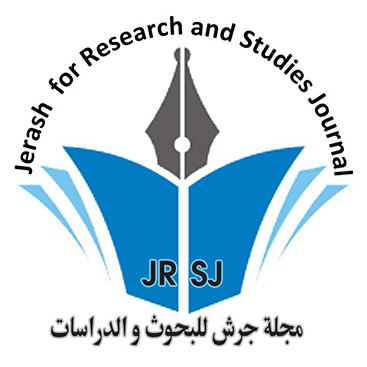Jerash for Research and Studies Journal مجلة جرش للبحوث والدراسات

Abstract
Duties and responsibilities assigned to the public administrative authorities are not privileges granted to those who occupy public offices. On the contrary, these duties are entrusted to officers with legal powers to carry out their duties to maintain the public interest. Delegation of competence is carried out by formal decisions issued the delegator to allow his delegates to discharge certain duties of according to the delegation. The delegator can only delegate if he is permitted by the legislator. He remains responsible for the delegates acts. The latter becomes, also, responsible before the delegator for his wrongful acts and he cannot delegate his delegated authority.
Delegation of authority leads to redistribution of duties between the head and his delegate since it is based on the distribution of duties principle. It reduces the burden of work laid upon the head and it, also allows the delegate to discharge his assigned duties effectively and without delay. Delegation may, as well, improve the machinery of the government and leads to administrative reform. It reduces the defects arising from extreme centralization and may allow a good machinery of administration.
Delegation, however, becomes successful if the ministries' heads are convinced and willing to allow delegation at a large scale. It is suggested, also, that an Act of delegation of competence should be enacted. This Act should embody rules that govern the process of delegation including its legal and administrative aspects. The named Act should be applicable to all public authorities in light of a general public policy that promotes delegation within various branches of public administration.
Recommended Citation
مساعدة, عبد المهدي
(2019)
"Delegation of Competence in Light of the Principles of Public Administration and Administrative Law: An Administrative and,"
Jerash for Research and Studies Journal مجلة جرش للبحوث والدراسات: Vol. 20:
Iss.
2, Article 9.
Available at:
https://digitalcommons.aaru.edu.jo/jpu/vol20/iss2/9

